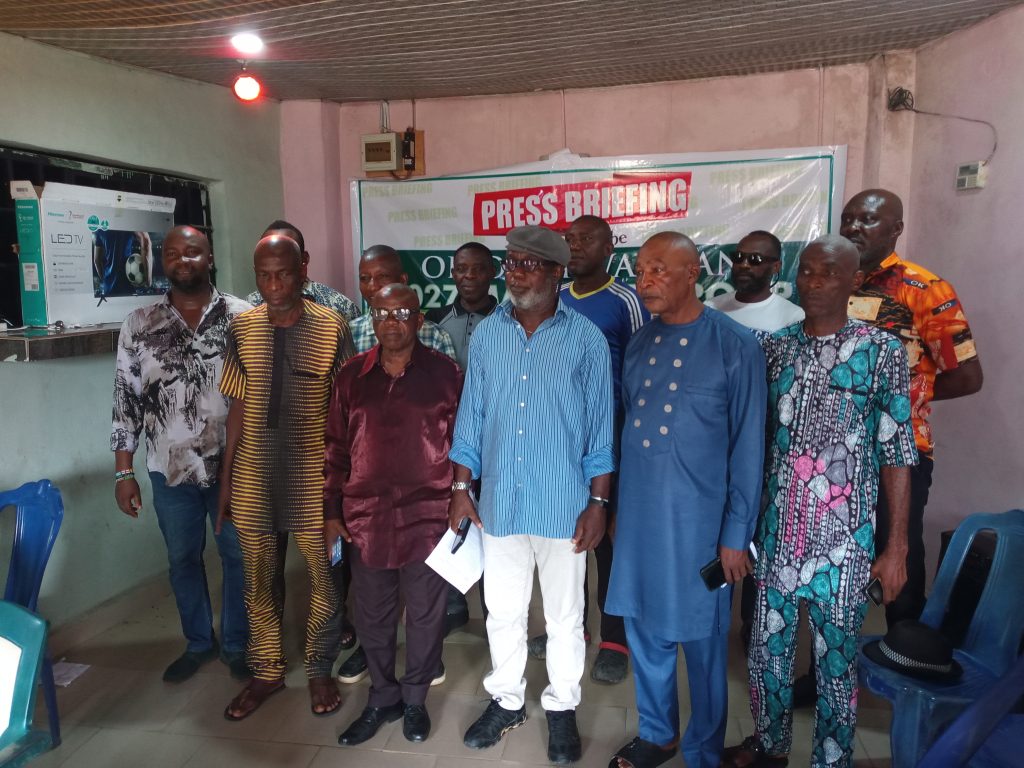Africa
Salt verses hypertension – secret behind the both

The Federal Government has introduced the National Guideline for Sodium Reduction to combat the rising cases of hypertension in Nigeria.
Unveiling the guideline in Abuja, the Minister of State for Health, Dr. Iziaq Salako, stressed its urgency.
Salako, represented by Olubunmi Aribeana, revealed that Nigerians consume more salt than WHO’s recommended limit.
Excessive sodium intake is a major cause of hypertension, which affects over 35% of Nigerian adults, he noted.
He blamed urbanization for shifting dietary habits towards processed foods, increasing heart-related diseases.
“Urban dwellers consume saltier meals, unknowingly risking long-term health complications,” Salako warned.
He described the guideline as a groundbreaking framework designed to prevent sodium-related health issues in Nigeria.
“This document reflects our commitment to safeguarding public health,” he declared.
The guideline is Africa’s first comprehensive sodium reduction policy, aligning with global health standards.
It sets clear sodium limits for processed foods, backed by WHO support, Salako explained.
Public education is key to its success, leveraging mass and social media for awareness.
Salako also unveiled a National Guideline for Food Handlers’ Medical Test.
The test ensures food handlers undergo regular screenings to strengthen food safety nationwide.
“These guidelines support the National Policy on Food Safety and Quality Implementation Plan, 2023,” he said.
The government aims to improve both dietary habits and systemic food safety measures.
Olubunmi Aribeana, a ministry director, reinforced the dangers of high sodium intake.
Aribeana, represented by Olufunmilola Yusuf, linked sodium consumption to cardiovascular diseases.
“Cardiovascular diseases are among the leading causes of non-communicable disease-related deaths,” she stated.
She cited WHO data showing NCDs account for over 70% of global deaths.
The Food and Drug Services Department remains committed to promoting healthy eating, she assured.
Akinbode Oluwafemi of Corporate Accountability and Public Participation Africa welcomed the initiative.
“This marks a major step in reducing cardiovascular diseases through better dietary policies,” Oluwafemi said.
He pledged continuous support for policies that enhance public health.
NAFDAC DG, Mojisola Adeyeye, praised the launch as a major step against NCDs.
Represented by Kayode Fagboyo, she assured NAFDAC’s commitment to the guideline’s implementation.
“NAFDAC will enforce compliance with sodium reduction targets and food labeling,” she noted.
Dr. Adeolu Adebiyi of Global Health Advocacy Incubator highlighted its significance.
“Regulating salt intake can reverse the NCD crisis and improve national health,” he argued.
Adebiyi urged other African governments to adopt similar policies to reduce hypertension cases.
“Only South Africa has enacted similar sodium regulations in Africa,” he pointed out.
He described sodium reduction as a cost-effective way to reduce healthcare expenses.
“Healthier populations spend less on medical care and contribute more to economic growth,” he concluded.
This initiative signals Nigeria’s firm stance in tackling hypertension and promoting healthier diets.
For Diaspora Digital Media Updates click on Whatsapp, or Telegram. For eyewitness accounts/ reports/ articles, write to: citizenreports@diasporadigitalmedia.com. Follow us on X (Fomerly Twitter) or Facebook











